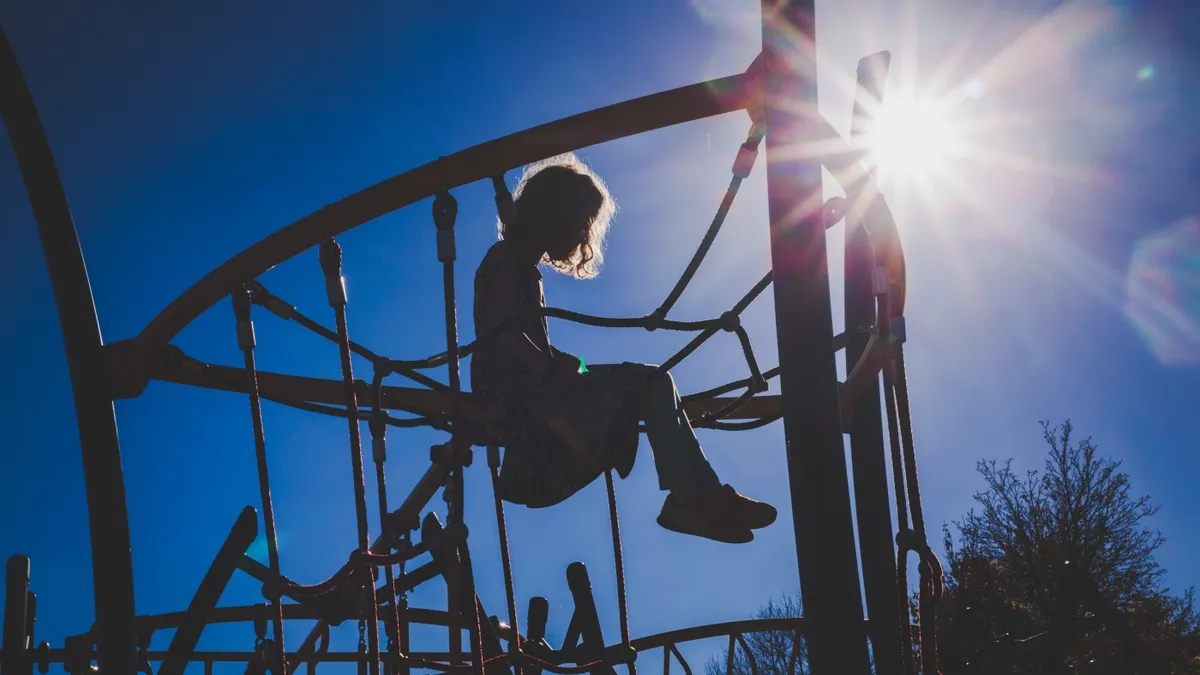
The proposed One Big Beautiful Bill Act by Congressional Republicans is set to disproportionately affect low-income children and families, according to a recent analysis from the nonpartisan Congressional Budget Office (CBO). While the legislation aims to extend the 2017 Trump tax cuts, it threatens to reduce essential resources for some of the nation’s poorest households, raising significant concerns about its implications for health care, food assistance, and financial support for millions of vulnerable children.
Currently, over 37 million children benefit from programs like Medicaid and the Children's Health Insurance Program (CHIP), which provide affordable health insurance to families living near the poverty line. These programs are crucial, as they cover essential prenatal care, account for over 40% of U.S. births, and support millions of children into young adulthood. However, under the new bill, Congressional Republicans propose to allow states to impose waiting periods before families can enroll in CHIP, as well as enforce work requirements for Medicaid eligibility.
While the House bill claims to exempt parents from work requirements, experts like Allison Orris, director of Medicaid policy at the Center on Budget and Policy Priorities, warn that past exemptions have often proven ineffective. Senate Republicans have suggested extending work requirements to parents of children over 14, which could lead to mixed outcomes for families. Kevin Corinth from the American Enterprise Institute argues that increased earnings from parents working could positively impact children's futures.
Moreover, proposals to introduce administrative hurdles may complicate access to these vital programs. Joan Alker from Georgetown University's Center for Children and Families emphasizes that increased red tape could make it challenging for families to obtain the support they need.
In parallel, House Republicans are looking to implement significant changes to the Supplemental Nutrition Assistance Program (SNAP). This program currently helps over 15 million children afford groceries. Analysts like Katie Bergh from the Center on Budget and Policy Priorities describe these proposed changes as potentially leading to the deepest cuts to food assistance in history. The bill aims to expand existing work requirements for SNAP, despite evidence suggesting that such measures do not effectively increase employment or earnings; rather, they simply cut off assistance for many families.
The proposed legislation could lead to reductions of over $290 billion from SNAP over the next decade, which Bergh estimates could eliminate or significantly reduce food assistance for more than 2 million children. The shift in funding responsibilities from the federal government to states may further complicate access to these essential benefits.
Additionally, while Senate Republicans are proposing updates to tax benefits aimed at improving access to child care, they are also introducing new requirements that could create barriers for families seeking to benefit from the Earned Income Tax Credit (EITC) and the Child Tax Credit (CTC). The EITC is a crucial anti-poverty program, but the proposed bill would add a burdensome precertification process for families, complicating their ability to claim these credits.
Currently, the CTC allows families to reduce their tax bills by up to $2,000 per child. The House bill proposes to increase this amount to $2,500, but eligibility hurdles may prevent many low-income families from receiving the full benefit. This could disqualify an estimated 4.5 million children if both parents are required to have a Social Security number for the child to qualify for the credit, according to Megan Curran from the Center on Poverty and Social Policy.
The CBO estimates that the One Big Beautiful Bill could reduce resources for the poorest households by about $1,600 per year, significantly impacting children and families in need. In contrast, wealthier households could see an average annual gain of $12,000. This disparity raises pressing questions about the priorities reflected in the proposed legislation and its potential long-term impact on child poverty rates across the nation.
As the debate surrounding the bill continues, it remains crucial for lawmakers to consider the far-reaching consequences of cutting vital social safety net programs that support low-income families and children. Investing in these programs not only benefits vulnerable populations but also contributes positively to the economy by fostering a healthier, better-educated future generation.